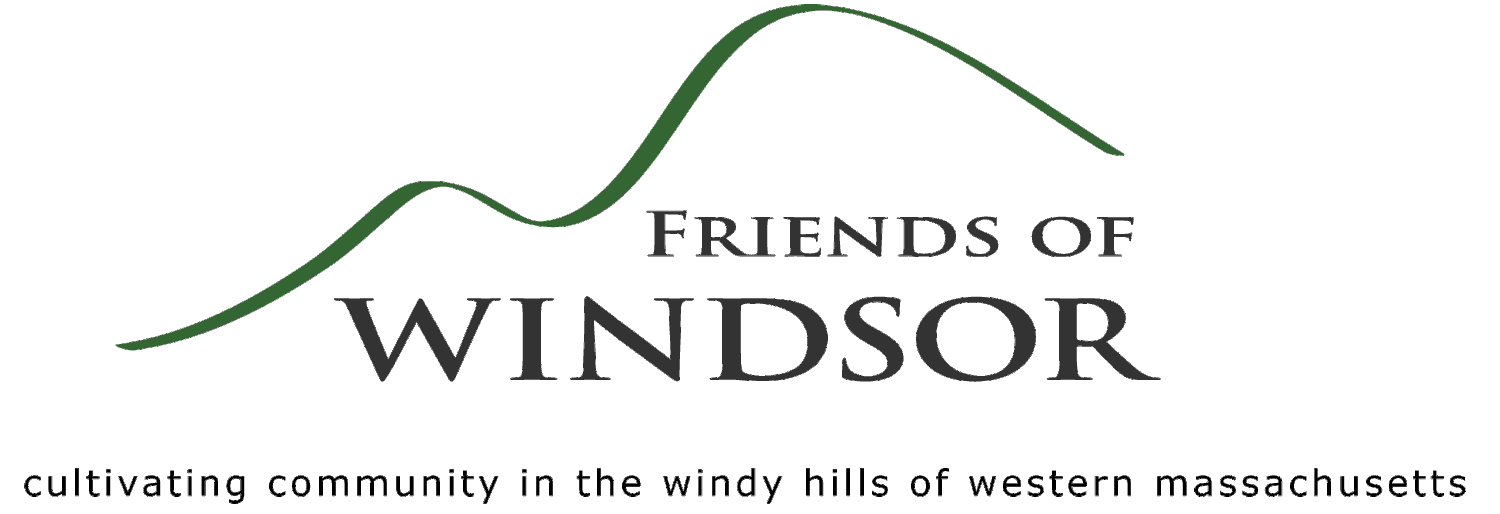RESOURCES FOR HELPING WINDSOR'S POLLINATORS
There's no shortage of information about pollinators out there! But clicking one link often leads to five more links, and before too long your head is spinning. So we thought we'd keep things simple by sharing a handful of the websites we've found most useful. The ones we've selected range from local to national in scope, and address a wide audience, including curious kids, casual gardeners, master gardeners, farmers, and even policy makers. We'd love to hear about any helpful pollinator sites you've come across.
Western Mass Pollinators Network
This simple, easy to use site includes tips for creating pollinator-friendly habitats & gardens; trusted sources for plants & seeds; opportunities to connect with local organizations & efforts; and specific info on topics like monarch conservation and pollinator habitats around solar arrays.
1001 Pollinator Gardens
A brand new local initiative to inspire people to grow pollinator-friendly gardens. This simple site includes information on the basics of pollinator gardening, as well as the four simple steps to become one of the 1001 pollinator gardens in western Massachusetts. There's a lovely photo gallery of local pollinator gardens (at last count: 14 and growing).
Massachusetts Butterfly Club
If you're curious to identify the butterflies you see in your backyard or garden, look no further. The photos are phenomenal, and they're taken at several different angles so you really can figure out what you're seeing. This links directly to the club's Butterfly Species List, which is the site's main useful feature.
Xerces Society
This comprehensive, science-based site provides a wide range of information and guidance on topics relating to wildlife and habitat conservation, including the protection of pollinators. This links directly to Xerces' Bring Back the Pollinators Campaign, which includes simple and practical information for homeowners, educational resources for students, and assorted detailed guides for farmers, land managers, and other professionals.
The Great Pollinator Project
This New York City-based project, kicked off in 2007, has a straightforward and comprehensive website with information geared toward identifying, attracting and protecting pollinators. This link directs you to their Education page, which includes some cool and exciting activities for kids and older students, and a wealth of resources for educators.

